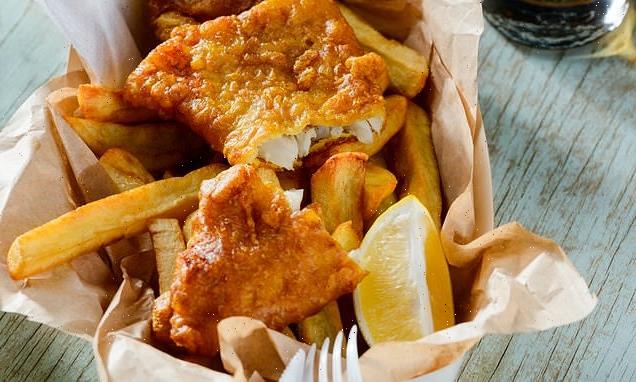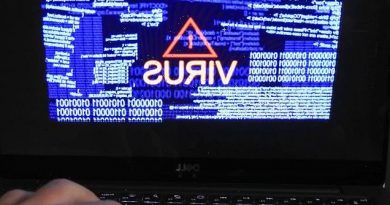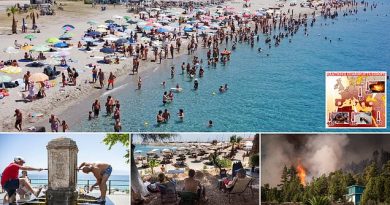A THIRD of fish and chip shops could close if shortage of cod and oil
A THIRD of fish and chip shops could close if shortage of essential ingredients like cod, haddock and sunflower oil amid Ukraine war is not addressed by ministers, industry chief warns
- National Federation of Fish Friers (NFFF) claims conflict is hampering supplies
- Oil and fish ingredients need to return to normal to prevent shop closures
- Russia exports a lot of cod and haddock while Ukraine makes sunflower oil
- NFFF president Andrew Crook warned action is needed to address shortage
A third of fish and chip shops could close if the shortage of essential ingredients like cod, haddock and sunflower oil is not addressed by ministers, an industry chief has warned.
The National Federation of Fish Friers (NFFF) claims that since the outbreak of war in the Ukraine, makers of the great British dish have had to close, raise prices or change their menus.
The United Kingdom is deeply dependent on seafood from Russia, the world leader in exports of cod, as well as potato fertiliser used to make chips.
In 2020, Britain imported a third of all whitefish into the UK at a cost of £200million.
Added to this pressure, the NFFF have said, is sunflower oil – half of which comes from Ukraine – which has also seen its supplies disrupted.
This has had a knock on effect on palm and rapeseed oil that has also risen in price as it is more in demand, according to the Times.
The NFFF has also warned that the government’s hope to put in place sanctions on Russian whitefish will put more of a stress on the ‘sad’ situation.
A third of fish and chip shops could close if the shortage of essential ingredients like cod, haddock and sunflower oil is not addressed by ministers, an industry chief has warned
Russia is one of the largest producers of seafood in the world, and was the fifth-largest producer of wild-caught fish, according to a 2020 report by the Food and Agriculture Organization of the United Nations.
It is believed to make up 45% of global whitefish supply, mainly pollack, cod and haddock according to the Guardian.
In March, the government had said it would put a 35% tariff on all imports of Russian whitefish.
A Department for Environment, Food and Rural Affairs spokesperson told the Guardian yesterday this was going ahead ‘subject to further work on the specific implications for the sector’.
But this has created a lot of concern in the industry.
James Lipscombe, who owns 40 fish and chip shops across the country, told Sky News: ‘I’ve never seen anything like it. I’m seeing a swathe of fish and chip shop closures across the UK.
‘Week on week I’m seeing shops close and it’s a really sad state of affairs.’
Andrew Crook, president of the NFFF, said: ‘We need action [from ministers] before long-term damage is done that can’t be repaired.
‘We aren’t after handouts. We are a proud industry. But a lot of businesses will go to the wall and we need a long-term strategy to see us through.’
Russia – which is the world leader in exports of cod and one of the largest producers of seafood – being sanctioned has put a huge stress on the global fish market. Pictured: A fish and chip shop in Leeds after a match between Leeds United and Manchester City
A government spokesman also said that they would ‘continue to speak with the industry body, the National Federation of Fish Friers, and other sector representatives about current pressures they face’.
Mr Crook told the MailOnline in March he feared the situation could look a lot worse in five years time and this puts a ‘devastating’ effect on the industry where 60% of haddock and cod come from Russia.
He also said shops will be in ‘real dire straits’ if there is an embargo on Russian fish exports.
He said: ‘White fish comes from Russia, because they are a very big fishing nation in the Barents Sea.
‘So if we lose that, the price of fish will go significantly higher and this is on top of the current record prices we are seeing. If that happens, we are in real dire straits.’
Source: Read Full Article






